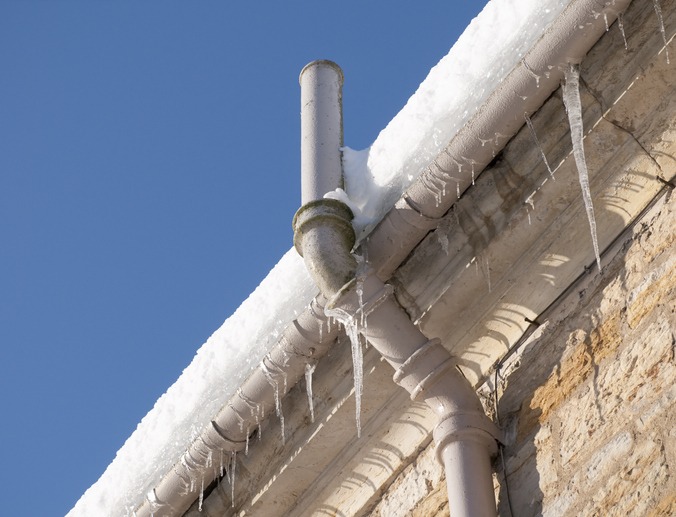You may find yourself hibernating during the winter, but that doesn’t mean you can neglect your home’s plumbing. Winterizing your pipes should be done annually to ensure their effectiveness and longevity. Winterized plumbing typically includes everything from checking water pressure to ensuring an adequate water supply. Drain cleaning is also an important task, especially if you happen to live above a basement.
Clarify what winterizing your pipes actually means and what steps they should take to make the process as easy and effective as possible.
Winterized Plumbing: What Does it Mean?
Winterization is taking care of your home’s plumbing over the winter, as the precarious weather can inevitably harm one of the most important structures in a home. It can be expensive and time-consuming, but there are rewards that go beyond saving money on heating bills. If you want your home to be fully functional during the cold winter, a plumber is a person to call.
Why is it important?
The pipes in your home play an imperative role in your home, to keep your water running and your home operating at all levels. Your pipes are also more likely to corrode in cold weather and rust, leading to leaks or other issues. Winterized plumbing gives you an extra layer of protection against these problems and ensures your home will stay clean and dry, which can save you money and stress in the long run.
Another benefit of winterizing your plumbing is that it ensures your home stays stable. When you walk outside on icy sidewalks, the ground may shake, and uneven snowdrifts can make it challenging for cars to pass by safely. Preventative measures like winterized plumbing keep your house from being unstable even when the temperature dips below freezing every year.
Expenses
Winterizing your home’s plumbing can be expensive but also ensures effectiveness and longevity. There are many options, and you may need to consider a DIY approach instead of hiring a professional.
Many options include cold weather services, and some of these may be unnecessary in your area if you do not live in a particularly cold climate. It is recommend to contact a professional and experienced plumber if you have any questions or want additional work done during the winterizing process.
The overall expenses of winterizing your home will have a couple of dependencies, including the size of your plumbing system and home. It will also depend on the current state of your pipes, and if they have already been deteriorating and need more upkeep than you may have anticipated. The general cost of winterizing your pipes will typically be split into two categories:
- Low-range: $75-$22
- High-range: $200-$400
Additionally, if you’re seeking a flushing water heater installation, you can expect a price ranging from $75 to $250.
What winterizing your pipes entails
Checking water pressure involves turning on your faucets and checking for leaks. This test also contains your sewer drains to see if they have a clog, especially around the holiday season when you may be using more soap than usual. Checking water pressure should be done once every winter in preparation for freezing temperatures.
This test also checks your sewer drains to see if they have a clog, especially around the holiday season when you may be using more soap than usual. Checking water pressure should be done once every winter in preparation for freezing temperatures. If the pressure is low or if you have leaks, a plumber can help determine why this happened and help repair damage to your pipes.
This service also includes flushing out sediment and rust from your water heater using a chemical cleaner that adds extra heat and eliminates cold spots in your tank. This service should be done once per year just before winter sets in to prevent any plumbing issues in the midst of winter that can be damaging to the exterior and interior of your home.
Winterizing and drain cleaning
Drain cleaning is one of the most dangerous winterized plumbing services, and it typically takes a professional to get the job done. You should never use drain cleaning chemicals or try to free a clog. Drain cleaning involves removing and repairing your home’s plumbing, so it’s better to leave this service to plumbers with the right equipment and expertise.

